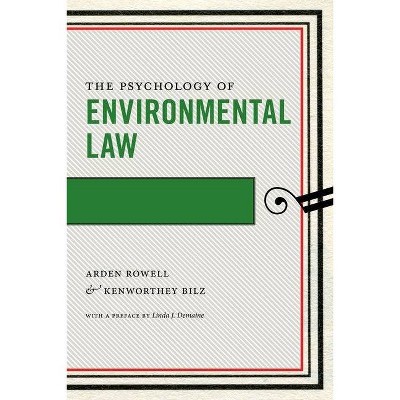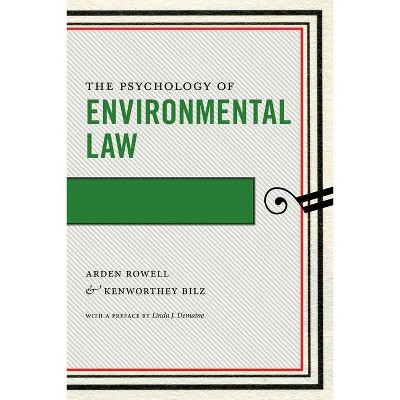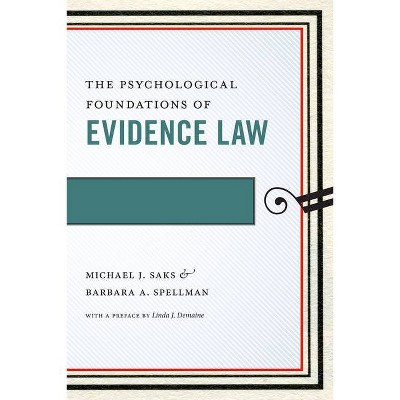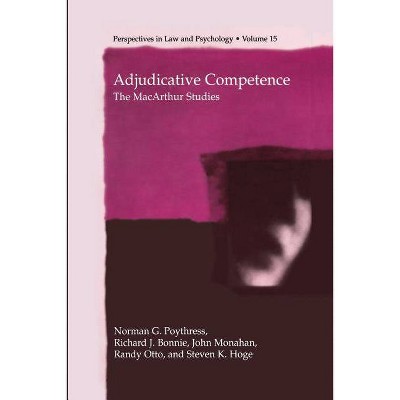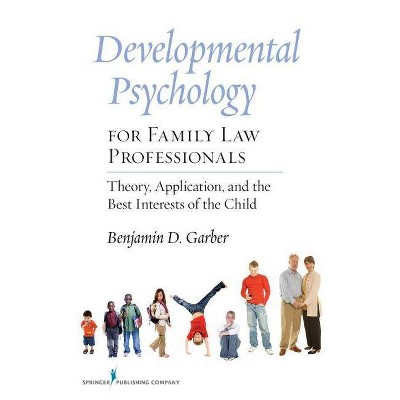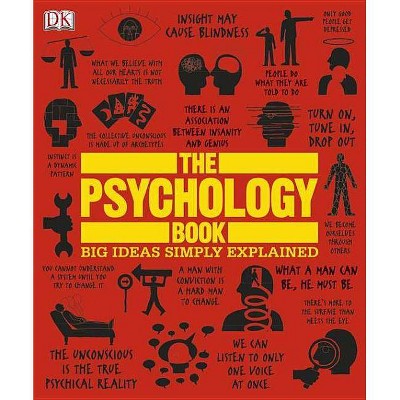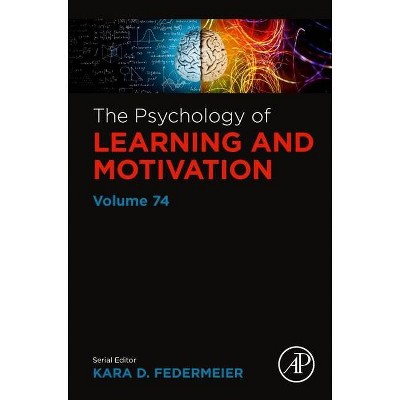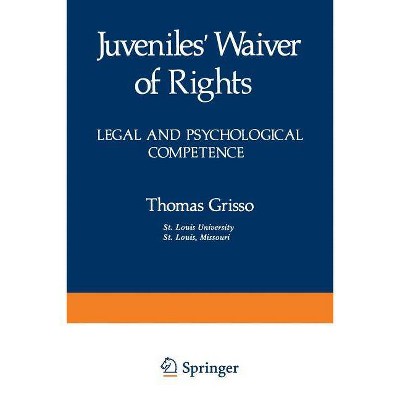The Psychology of Property Law - (Psychology and the Law) by Stephanie M Stern & Daphna Lewinsohn-Zamir (Hardcover)
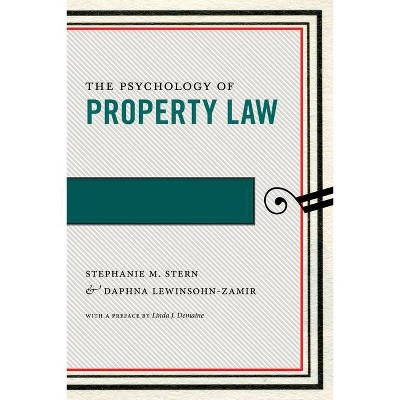
Similar Products
Products of same category from the store
AllProduct info
<p/><br></br><p><b> Book Synopsis </b></p></br></br><p><b>Considers how research in psychology offers new perspectives on property law, and suggests avenues of reform </b> <p/>Property law governs the acquisition, use and transfer of resources. It resolves competing claims to property, provides legal rules for transactions, affords protection to property from interference by the state, and determines remedies for injury to property rights. In seeking to accomplish these goals, the law of property is concerned with human cognition and behavior. How do we allocate property, both initially and over time, and what factors determine the perceived fairness of those distributions? What social and psychological forces underlie determinations that certain uses of property are reasonable? What remedies do property owners prefer? <p/>The Psychology of Property Law explains how assumptions about human judgement, decision-making and behavior have shaped different property rules and examines to what extent these assumptions are supported by the research. Employing key findings from psychology, the book considers whether property law's goals could be achieved more successfully with different rules. In addition, the book highlights property laws and conflicts that offer productive areas for further behaviorally-informed research. <p/>The book critically addresses several topics from property law for which psychology has a great deal to contribute. These include ownership and possession, legal protections for residential and personal property, takings of property by the state, redistribution through property law, real estate transactions, discrimination in housing and land use, and remedies for injury to property.</p><p/><br></br><p><b> Review Quotes </b></p></br></br><br>A deep dive into the way ownership and the law's response to it intersects with human psychology across a range of important contexts. Meticulously researched and conceptually nuanced, this book is an indispensable resource that expertly connects theory and evidence on the psychology of property entitlements with the law and policy surrounding possession, home ownership, takings law, discrimination, redistribution, and more.--Lee Anne Fennel, Author of The Unbounded Home: Property Values Beyond Property Lines, Max Pam Professor of Law, University of Chicago Law School<br><br>An enormous contribution to the fields of property law, law and psychology, and even law more generally.... It has the potential to cause a radical rethinking of property law and policy and thereby to shape the law's effect on countless people's lives.--John Bronsteen, Georgia Reithal Professor of Law, Loyola University Chicago School of Law<br><br>How the field of psychology can explain, strengthen, or reform the notion of property is the subject of this book. Across eight chapters the authors look at how property ownership is related to theories of human personality and how the law treats different types of property, for example residential property, as more important than other types.-- "CHOICE"<br><br>Seeks to answer certain open questions of property law with psychological evidence and arguments.... It will be enormously useful for anyone interested in the nexus of these two fields.--Dave Fagundes, University of Houston Law Center<br><p/><br></br><p><b> About the Author </b></p></br></br><b>Stephanie M. Stern (Author) </b><br> <b>Stephanie M. Stern</b> is Professor of Law at Chicago-Kent College of Law, Illinois Institute of Technology. <p/><b>Daphna Lewinsohn-Zamir (Author) </b><br> <b>Daphna Lewinsohn-Zamir</b> is Dean and Louis Marshall Professor of Environmental Law at the Hebrew University of Jerusalem. <p/>
Price History
Cheapest price in the interval: 120 on November 8, 2021
Most expensive price in the interval: 120 on December 22, 2021
Price Archive shows prices from various stores, lets you see history and find the cheapest. There is no actual sale on the website. For all support, inquiry and suggestion messagescommunication@pricearchive.us
